Research project
"ÜberLeben im Risikoumfeld": How do addicts live on Cologne's Neumarkt?
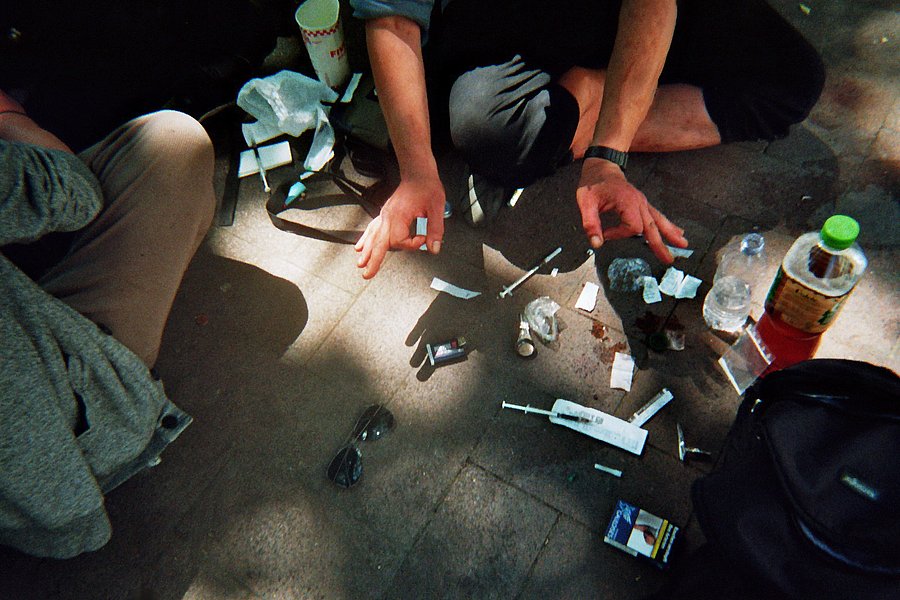
"He hasn't been to the bandage replacement yet. Well, he hasn't had it bandaged yet. [...] He missed a few times and [the wound] won't close. It's obvious, because of the cocaine in there. It's just dirt in there, isn't it? He says: 'I'll never get it closed again'."
The aim of the project is to document consumers' perspectives on the reality of their own lives and the particular challenges of this extreme living situation.
Giving a voice to those affected
The researchers handed out ten cameras over two days in mid-July, seven of which were returned to them. They then spoke to the addicts, who reported on their everyday lives in Cologne's city centre and supplemented the photographs with personal impressions and stories (see quotes below the photos). "With this approach, we wanted to show how people suffering from addiction at Neumarkt experience their living environment in these areas, which are often perceived as 'spaces of fear'," explains Dr Tim Lukas from the University of Wuppertal, who conducted the study together with Prof Dr Daniel Deimel and Dr Bo Tackenberg.
The pictures and statements of those affected illustrate the difficult living conditions to which they are exposed on a daily basis. They show the consequences of drug use, life on the streets, the threat of violence and the confrontation with their own state of health. At the same time, they provide insights into the strategies used by addicts to survive in this environment.
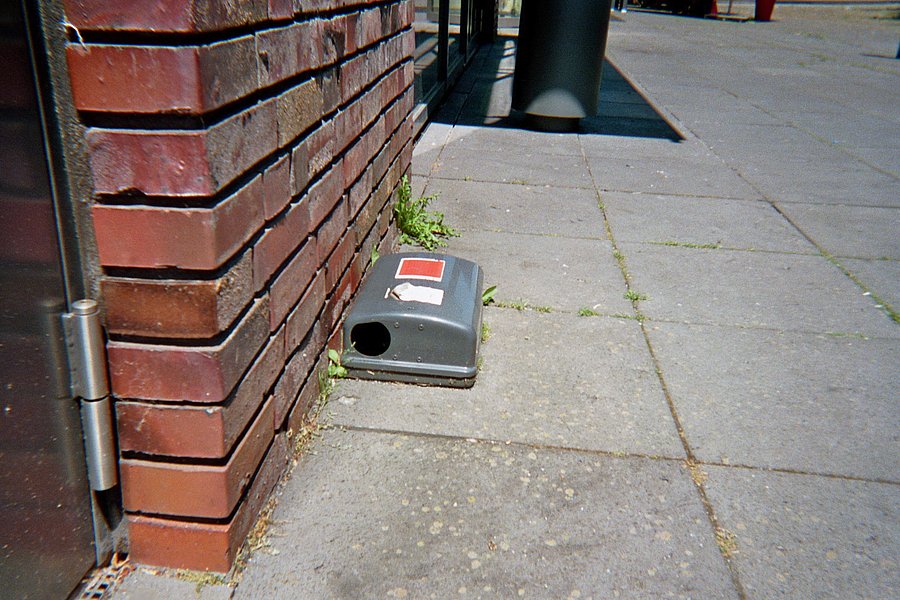
"I took a symbolic photo of a rat trap. [...] Also because there are so many homeless people here. It's very, very difficult to get out of here. And of course that also creates a lot of anger among the addicts in general about the situation. Yes, because of this homelessness. So having to put up with this humiliation really doesn't always put people in a good mood."
Supporting instead of looking away
"The results show: The open drug scene is a risk environment that we need to understand as a complex social space that requires a variety of support measures," Dr Lukas continues.
The researchers hope that the results of the project will not only contribute to addiction research, but also sharpen public awareness of this problem and develop recommendations for prevention and intervention. For example, there is a need for nationwide access to safe consumption conditions, such as those offered by drug consumption rooms.
The "ÜberLeben im Risikoumfeld" project takes up an idea that the University of Wuppertal team has already implemented in Düsseldorf as part of the BMBF project "Sicherheit im Bahnhofsviertel (SiBa)". There, the researchers asked homeless people to photograph their places of fear and comfort. Further information on the project can be found at https://www.buk.uni-wuppertal.de/de/forschung/abgeschlossene-projekte/siba/
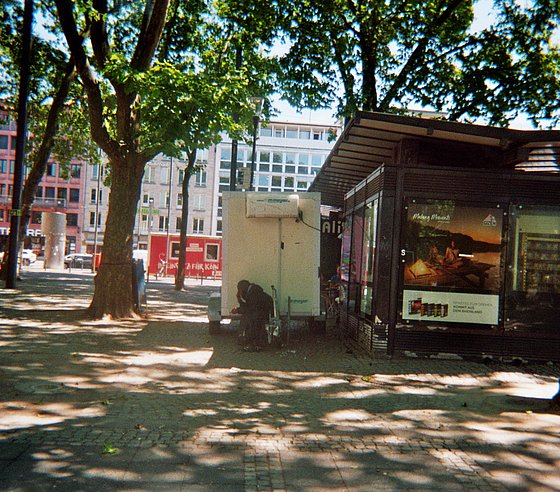
"Well, I don't actually feel comfortable here. So, being forced to be here among the people is very, very, very difficult and also makes you ill."
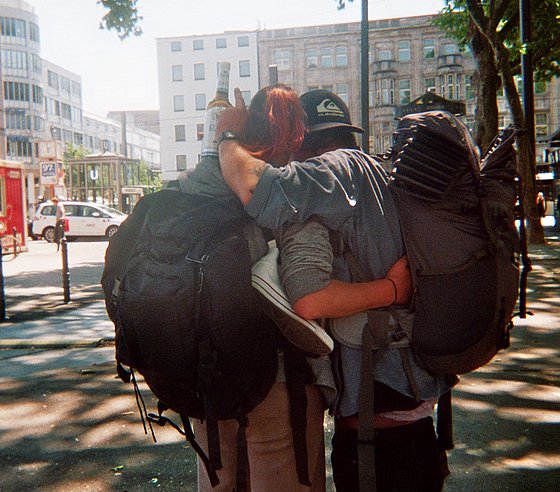
"I know people here. When I meet someone I like, someone I've even seen as a colleague in the past, then I'm happy too. And then it's actually a relaxed atmosphere."
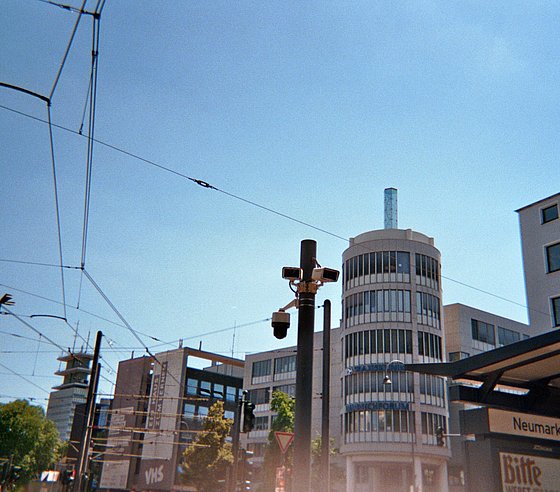
"But it's dangerous, of course. When you really try to encourage certain people to do something and then don't let up. [...] That stresses me out."
Urban security
Both of the above-mentioned research projects are part of the "Urban Security" research field. It encompasses a broad spectrum of potential threats and protective measures, ranging from the preservation of public order to the prevention of crime risks and protection against terrorist attacks. From a spatial perspective, the researchers in various research projects and practice-oriented contexts are dedicated to the strategies and effects of urban crime prevention in urban areas and the perception of security-related risks by different social groups. One focus is on the systematic assessment of justice claims in the distribution of security and the (participatory) development of recommendations for action to ensure security in specific spatial environments.
